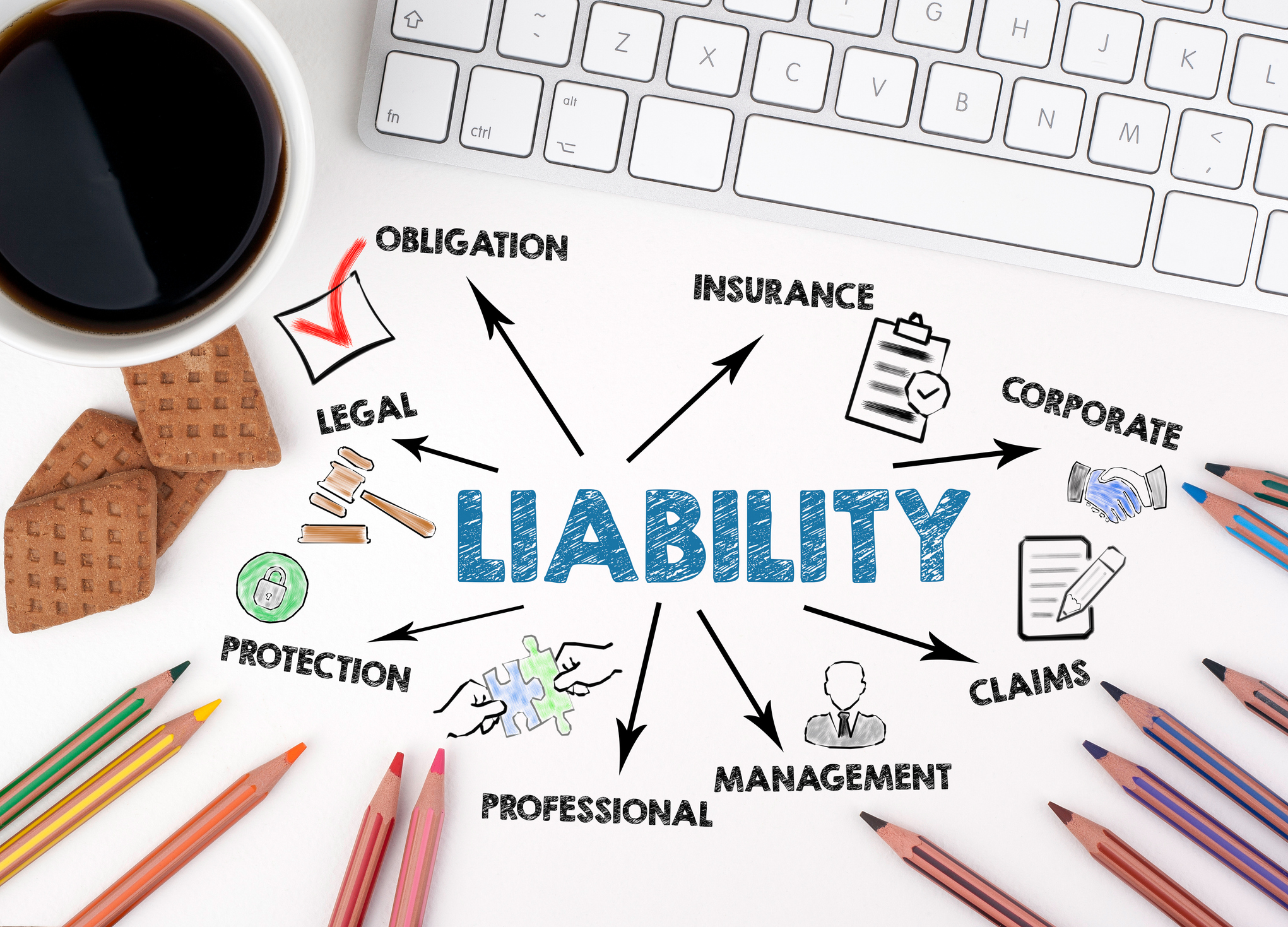November/December 2018
Legal Beat
Liability Concerns, Responsible Charge
BY ARTHUR SCHWARTZ, DEPUTY EXECUTIVE DIRECTOR AND GENERAL COUNSEL

Question: I am an engineer employed by a mid-sized manufacturing company. I am concerned that I may have liability exposure in connection with the engineering services I perform for the company. I carry no professional liability insurance and I have no written agreement with the company concerning legal liability. What do other engineers do under these circumstances. (New Jersey)
Answer: Many companies have board policies in place to indemnify and hold harmless employees for acts performed within the scope of employment. You may want to inquire whether the company board of directors has established such a policy and whether, and to what extent, you may be covered.
In the absence of such policies, employees are sometimes able to obtain an agreement from an appropriately authorized officer of the company that essentially states that “to the fullest extent permitted by laws and regulations, employer shall defend, indemnify, and hold harmless the employee from and against all claims, costs, losses, and damages (including but not limited to all fees and charges relating to court, arbitration, or other dispute resolution costs) that arise as a result of the employee’s performance of authorized activities on behalf of the employer.” While such agreements are often valuable, they are only as good as the extent of the company’s assets. As you note, another option may be to persuade your company to purchase professional liability insurance and other appropriate insurance to protect the company and its employees.
Question: My company is looking to prepare a joint proposal for engineering work in another state. The other firm and its engineer will be in responsible charge of the work. The other firm is looking for my firm’s experience and expertise in wastewater engineering. I am the licensed engineer in responsible charge for my company, but another engineer in our company (who is not licensed in the other state) will primarily be performing the work. So the question is, if our company is performing engineering work in another state for another engineering firm, does the engineer in my company need to be licensed in that other state, or is he effectively under the responsible charge of the other firm’s engineer? (Texas)
Answer: States typically have requirements for performing professional engineering services within their jurisdiction, including (1) requiring anyone offering or holding him/herself out as a professional engineer to be licensed in the state and (2) requiring that any engineering company offering or performing professional engineering services in the jurisdiction to have filed a certificate of authority/authorization with the state engineering licensing board or the state secretary of state. The issue of “responsible charge” is separate and generally refers to those who are in the direct control and under the personal supervision of a licensed professional engineer. Those requirements typically refer to employees of the engineering company and not to independent contractors or independent consultants. State laws vary regarding some of these issues and many states have additional licensure and other requirements that address this issue.
Understand the Laws and Regulations Affecting the PE
NSPE provides a number of reports to help members, state societies, the engineering community, and the public grasp the laws and regulations applicable to the practice of the professional engineer. The reports are free for members; others can purchase them through Shop NSPE.
The reports include
- Can Engineering Technology Graduates Earn a PE License?;
- Continuing Education Requirements for Professional Engineers;
- Defining the Practice of Engineering;
- Digital Signing and Sealing of Engineering Documents;
- Education and Experience Requirements for Professional Engineers;
- Exemptions to Engineering Licensure Laws;
- State Licensing Fees for Professional Engineers;
- Violations and Enforcement of Engineering Licensing Laws; and
- When Can I Take the PE Exam?


 Volunteering at NSPE is a great opportunity to grow your professional network and connect with other leaders in the field.
Volunteering at NSPE is a great opportunity to grow your professional network and connect with other leaders in the field. The National Society of Professional Engineers (NSPE) encourages you to explore the resources to cast your vote on election day:
The National Society of Professional Engineers (NSPE) encourages you to explore the resources to cast your vote on election day:




